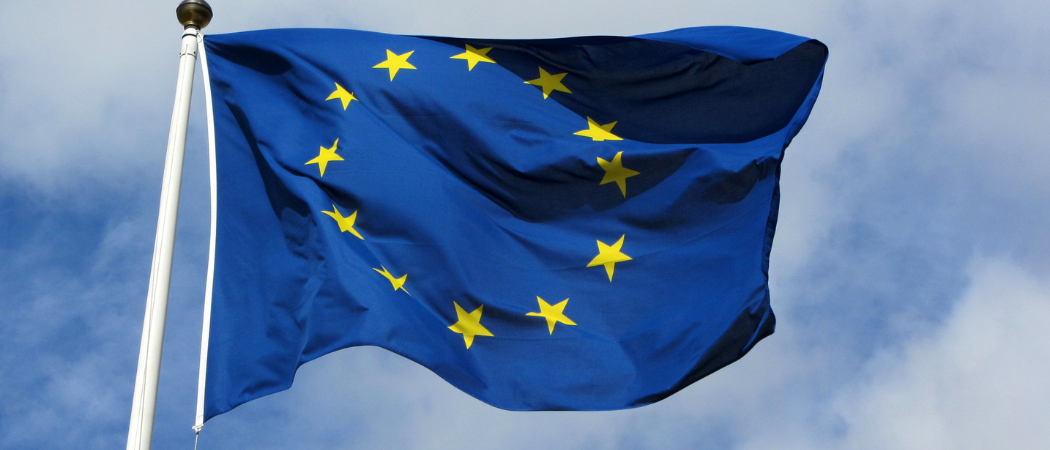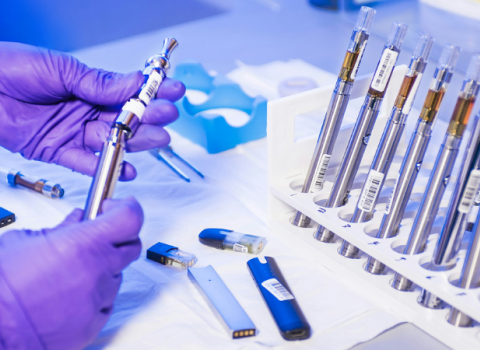‘Ambition and urgency’ is needed in implementing the biotechnology and biomanufacturing initiative, says industry group EuropaBio

Photo credits: Partenalia aisbl / Flickr
Europe’s largest biotech industry association is calling the EU to make good on promises to address regulatory barriers, boost investment and support knowledge transfer, to make Europe a more attractive destination for biotech companies.
In a position paper EuropaBio calls for “ambition and urgency” in the implementation of the EU’s biotechnology and biomanufacturing initiative, and for “dedicated structures” to be set up in the Commission, the Parliament and the Council to drive the initiative.
When she presented the plan in March, executive vice president of the European Commission Margrethe Vestager spoke of an ambition to “make Europe a global biotech leader. But publication of the plan came too late for any specific measures or budget proposals to be put forward before the EU elections.
The Commission has identified biotech as one of four critical technologies, alongside advanced semiconductors, artificial intelligence, and quantum.
Amongst the four critical technologies, biotechnology is [the one that is] best positioned for Europe to establish a leadership position,” said Clare Skentelbery, EuropaBio director general, launching the paper.
Europe could lead the global race to deploy biotech at scale, but this will require significant legislative effort and budget inputs over the coming five years the paper says.
The biotech initiative aims to fix the regulatory complexity, lack access to finance and difficulties of translating research to the market, that compromise Europe’s competitiveness. It includes a pledge to review the EU’s Bioeconomy strategy by the end of 2025.
The Commission wants to help companies scale up and attract private investment by including specific challenges in biotech and biomanufacturing in the European Innovation Council (EIC) accelerator work programme for 2025. It is also planning to study ways to support the consolidation of investment funds, stock exchanges and post-trading infrastructure.
At the launch, EuropaBio welcomed the plans, but is now calling for the EU to go further and adapt its sustainable finance taxonomy framework, to distinguish between biotech and conventional processes, and incentivise investment in the sector.
The industry group also wants to exploit existing EU public-private partnerships, including the Circular Bio-based Europe joint undertaking and the Innovative Health Initiative, to help bring research closer to the market.
“Europe is really good at academic research in biotechnologies, but then that research leaves Europe to be developed,” Samson said. He blames a relative lack of early stage venture capital compared to the US, and a regulatory burden which means it takes longer to get marketing approval in Europe than it does elsewhere.
The Commission has promised to establish an EU biotech hub by the end of this year to help companies navigate existing regulations and to launch a study on how legislation could be streamlined for faster approvals and market access. This study should be completed by mid-2025 and could lead to an EU Biotech Act.
The key question is how these plans will be implemented. EuropaBio is calling for a holistic approach that addresses the cross-sectorial nature of biotech, rather than giving full responsibility to one directorate general. The Commission’s secretary general oversaw the creation of the initiative, and Samson said this helped to provide a coordinated approach and could be a model for the future.
EuropaBio will continue collaborating with the Commission and is optimistic its suggestions will be listened to. “We previously had some recommendations for the initiative, and the vast majority of them have been taken on board,” said Anne-Gaëlle Collot, industrial biotechnology director at EuropaBio. “What we want now is progress on this.”
The EU Council also urged the Commission to finalise the update of its bioeconomy strategy by the end of 2025. In the conclusions of the competitiveness council meeting on 24 May, ministers called on the EU to “recognise biotechnology and the biobased economy horizontally, as an elementary part of the EU’s industrial policy.”





 A unique international forum for public research organisations and companies to connect their external engagement with strategic interests around their R&D system.
A unique international forum for public research organisations and companies to connect their external engagement with strategic interests around their R&D system.